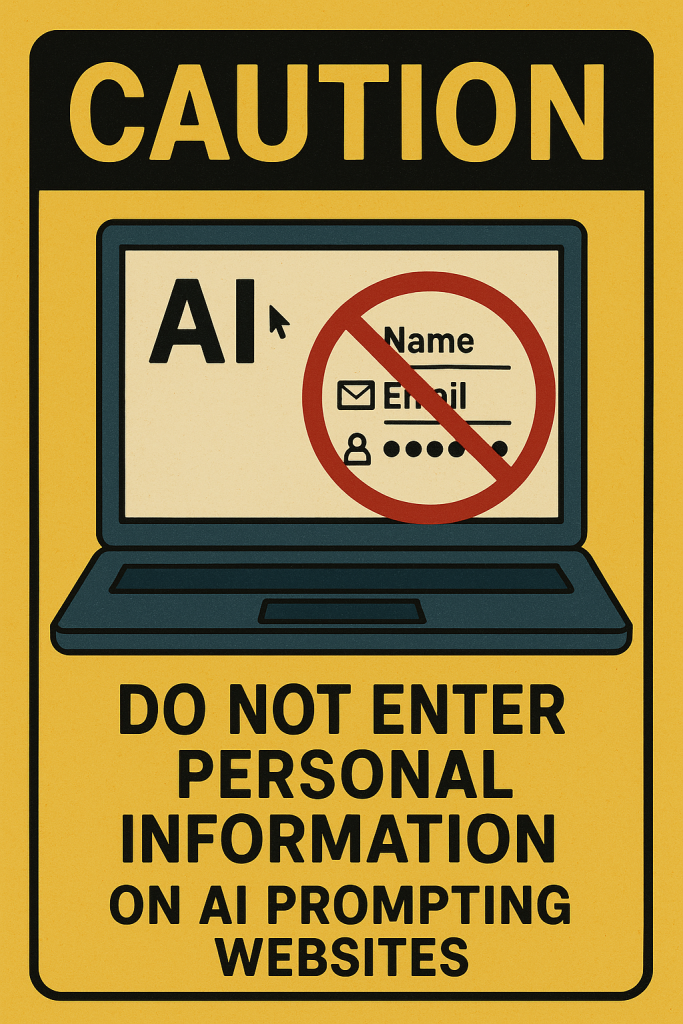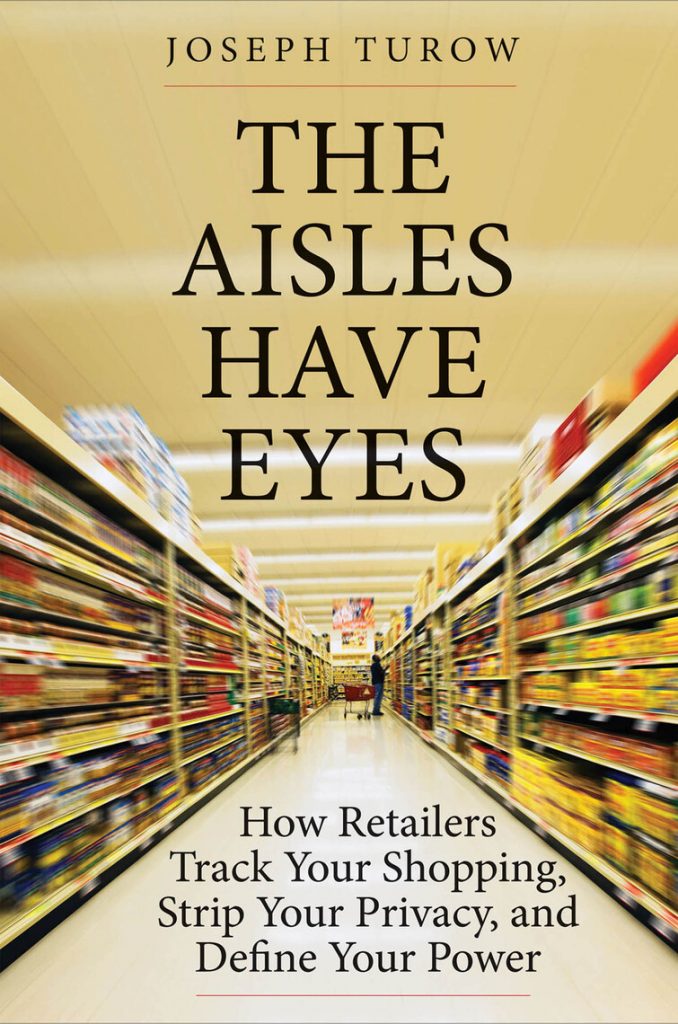
Understanding the Risks
In today’s digital landscape, many websites and applications use AI to provide dynamic services—from intelligent recommendations to chatbots—but this convenience often comes at the expense of privacy. When you interact with these systems, every click, keystroke, and conversation may be tracked, recorded, and even used to train new AI models. Additionally, third-party data brokers work behind the scenes to gather and combine data from various sources, including social media platforms, shopping apps, browser histories, and location services. These brokers then create detailed consumer profiles that can be sold to advertisers, insurance companies, or used to develop proprietary AI tools, often without the user’s direct awareness or consent.
This raises an important question: How do you protect your personal information using these services?
Limit Personal Data Input
The most straightforward way to protect yourself is by minimizing the data you share. Before phrasing your queries or submitting information, ask yourself if each detail is essential. Often, you don’t need to include specific things such as your real name, exact location, or any other personally identifiable information. Instead, use more generic terms. For example, if you’re asking for local recommendations, consider stating your region in more general terms (e.g., “in a mid-sized U.S. town” instead of “Boise, Idaho”) to avoid creating detailed personal profiles.
Using Anonymity Tools and Privacy-Focused Software
Taking advantage of privacy-enhancing technologies is a proactive approach. Here are some essential tips:
- Private or Incognito Browsing: Use your browser’s private or incognito mode to limit cookies and reduce tracking. While not a panacea, it’s a sound first barrier.
- Virtual Private Networks (VPNs): VPNs mask your IP address, adding an extra layer of anonymity so that websites can’t directly tie your activities to your home network.
- Privacy-Focused Browsers and Extensions: Consider using browsers such as Brave or Firefox and privacy add-ons like uBlock Origin and Privacy Badger, which actively block trackers and unwanted cookies.
- Disposable or Pseudonymous Email Addresses: When signing up for services, use email addresses that don’t reveal your identity. Temporary or pseudonymous addresses can serve this purpose well.
These tools collectively create a shield, making it harder for digital entities to combine your online behavior with real-life details.
Understand and Manage Your Data Settings
Many websites provide privacy settings that allow you to manage data retention. Please familiarize yourself with the sites you use by reviewing their privacy policies and terms of service. Look for options such as opting out of data collection or explicitly requesting that your interactions not be utilized for training. While these settings may not always guarantee complete anonymity, they demonstrate a meaningful commitment from the site’s developers to privacy best practices. Establishing and maintaining these habits ensures you make informed decisions using an AI-powered service.
Regular Digital Hygiene
Another layer of defense is routine digital hygiene. This includes:
- Clearing Cookies and Browser History: Regular deletion of your browser data reduces the chance of persistent tracking.
- Isolated Browsing Sessions for Sensitive Queries: If you need to explore topics you’d prefer to keep separate from your digital profile, consider using separate browser profiles or even a different browser altogether.
- Monitoring Permissions: Constantly check the permissions you’ve granted to websites or apps and revoke any that seem excessive or no longer necessary.
Regularly clearing your digital traces, you actively tear down the connections data collectors rely upon.
Advocate for Transparent Practices
As a user and privacy advocate, your voice is powerful. Demand transparency from the websites and apps you use. Contact service providers, asking detailed questions about how they store, retain, and use your data. Support organizations and platforms that prioritize ethical data handling practices. Being informed and vocal protects you and influences broader industry standards over time.
Final Thoughts
Protecting your data in an era of AI-driven interactions requires ongoing vigilance and a proactive mindset. Whether you’re using AI chatbots, interactive websites, or mobile applications, the principles of minimal disclosure, robust privacy tools, prudent digital habits, and advocacy create a resilient defense. Remember, every piece of personal information you withhold makes it much harder to misuse your data.
As we continue to navigate this digital age, consider how these practices may evolve with emerging technologies. You might also explore developing routines that regularly audit your digital footprint or investigate new privacy-focused alternatives to mainstream services. The more you know, the better prepared you will be to engage confidently and securely with the technology that shapes our lives.
Feel encouraged to reflect further on what privacy means in your context and the trade-offs you’re willing—or not willing—to accept in exchange for convenience. What personal details could you safely anonymize or refrain from sharing, and how might this change your online behavior? These are questions that, when answered, could lead you to new, more thoughtful ways of interacting with technology.

